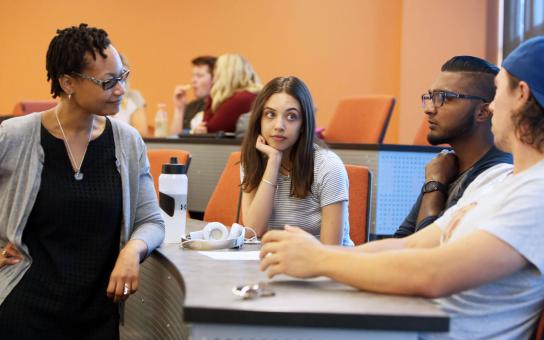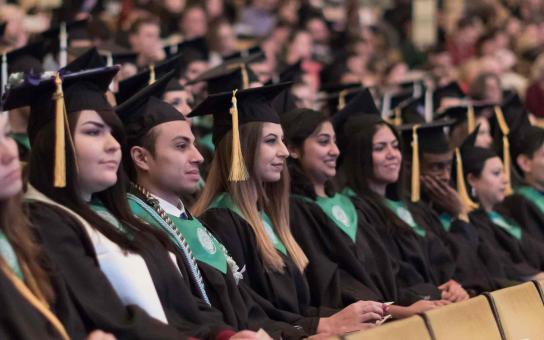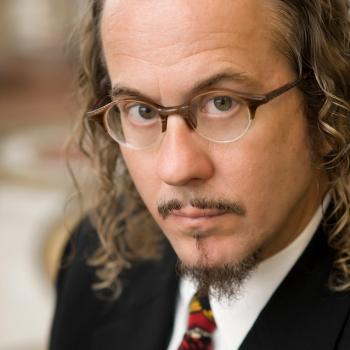Bachelor's in Economics, BA
Learn from radically different economic perspectives. As an economics major, you’ll be prepared to be a socially conscious citizen and leader in your profession, whether in business, public service, research or teaching.
Why Roosevelt for your Bachelor's

Social Justice Focus
Our faculty share a strong commitment to social justice. Faculty and expert guests walk you through topics like economic corruption, unemployment and women’s empowerment.
Roosevelt is one of the few universities in the United States where you can study economics from alternative schools of thought. You’ll also master conventional methods.

Preparation for a rewarding career
An economics degree will teach you how to make the world a better place and help you get better jobs. Economics consistently ranks among the highest-paid undergraduate majors.

Internship experience
Earn college credit for internships at Chicago-area businesses, unions, government offices and nonprofits. Economics majors have interned with:
- Center for Tax and Budget Accountability
- First Defense Legal Aid
- State of Illinois Office of Management and Budgeting
- The Alzheimer’s Association
- J.P. Morgan Chase Bank
“Studying economics at Roosevelt has changed me in many ways. Through the pluralistic instruction, I became familiar with the entire spectrum of economic thought. That’s not common in economics programs.”
Quinton Bara, BA ’16

